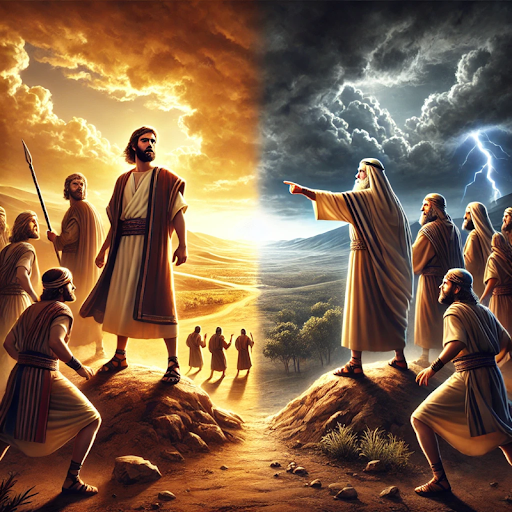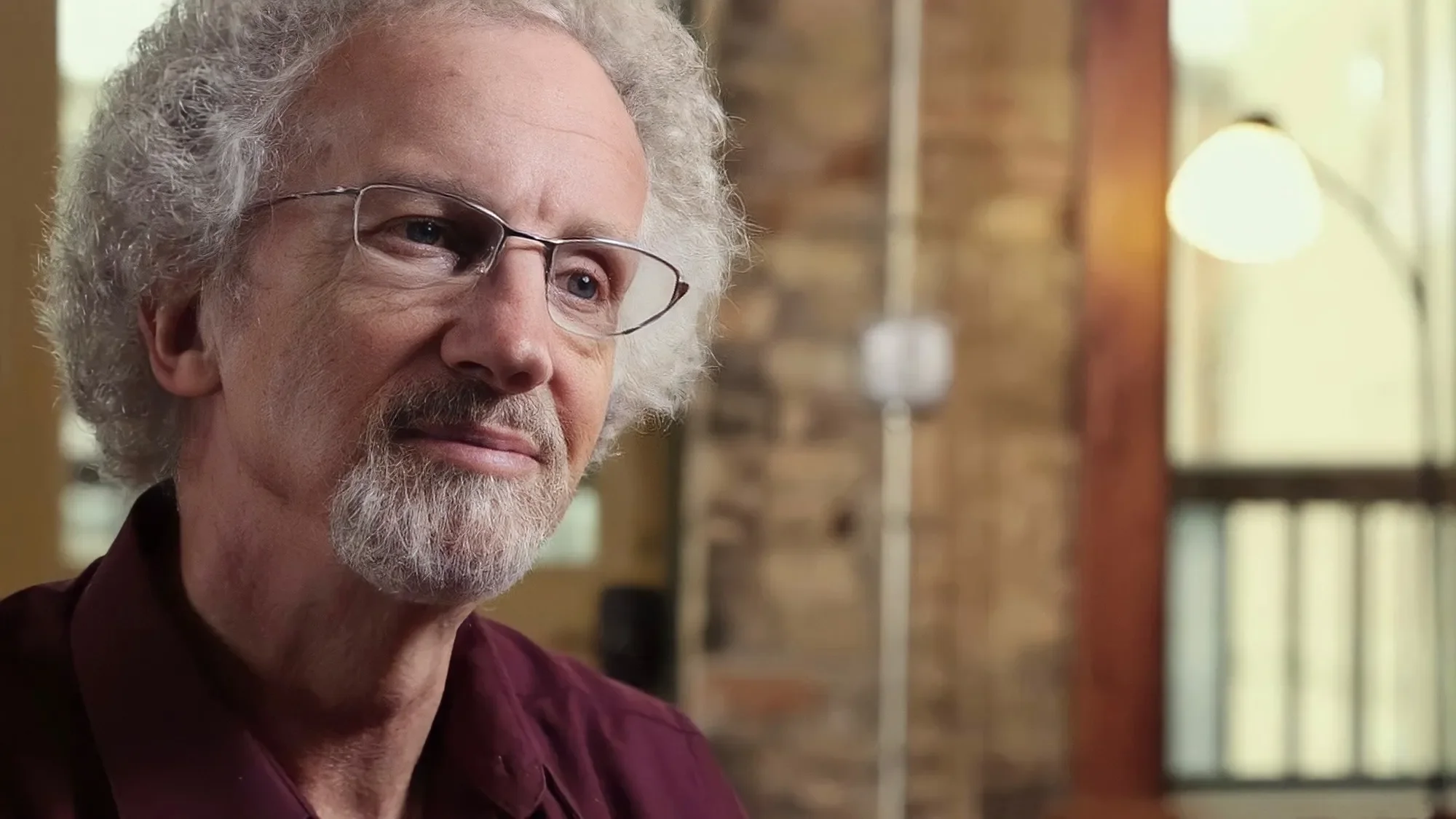Few remember their names today. Can anyone guess why?
“A uniform day of rest that limits commercial activity can provide temporal boundaries that help communities to set aside time for religious observance, family gatherings, outdoor activities, and rest. A stable base of research shows that these practices correlate with better mental health, stronger social bonds, and more stable family structures.” https://www.heritage.org/sites/default/files/2026-01/SR323.pdf?utm_source=substack&utm_medium=email
Kirk’s interpretation of America and its history leads him to defend blue laws at the same time as he promotes the seventh-day Sabbath.
On January 6, 2026, famed Christian author Philip Yancey admitted to having engaged in an eight-year adulterous affair with a married woman, and has thus chosen to withdraw from his written and spoken ministry. What influence might his popular teachings relative to sin, grace, and salvation have exerted in bringing about this tragedy?
As Ellen White has written, “The story of Bethlehem is an exhaustless theme” (The Desire of Ages, p. 48).
Speaking of the world before Noah’s Flood, the modern prophet writes:
“The land was filled with violence. War, crime, murder, was the order of the day. Just so it will be before Christ’s second coming.”
Ellen G. White, SDA Bible Commentary, vol. 1, p. 1090.
Both our SDA Fundamental Beliefs and a recent survey of the global Seventh-day Adventist membership constrain us to answer this question decidedly in the negative.
Does humanity’s inborn sinful nature require divine forgiveness, even if one does not yield to it? If so, is this doctrine (often called original sin) compatible with the Bible doctrine that through heaven’s power, human beings can live earthly lives free from sin?
Currently, it would appear Satan’s hand is being stayed from doing undeniable miracles in public. Since God releasing Satan’s hand to do these miracles is the result of a decision by God and not by earthly politics or sources, then they will commence, virtually, at the throwing of a switch.
Both baptismal vows listed in the Church Manual, the larger one and the shorter alternative, assume that the new believer has accepted the Fundamental Beliefs of the church, which include acceptance of Ellen White’s prophetic authority.
“The Bible makes a stunning prediction. At the end of time, God will have a group of people that are totally, completely loyal to him. A people whose hearts are undivided. A people whose lives reflect the character of Christ fully.”
It’s usually a question of whose proverbial “ox” is being gored.












